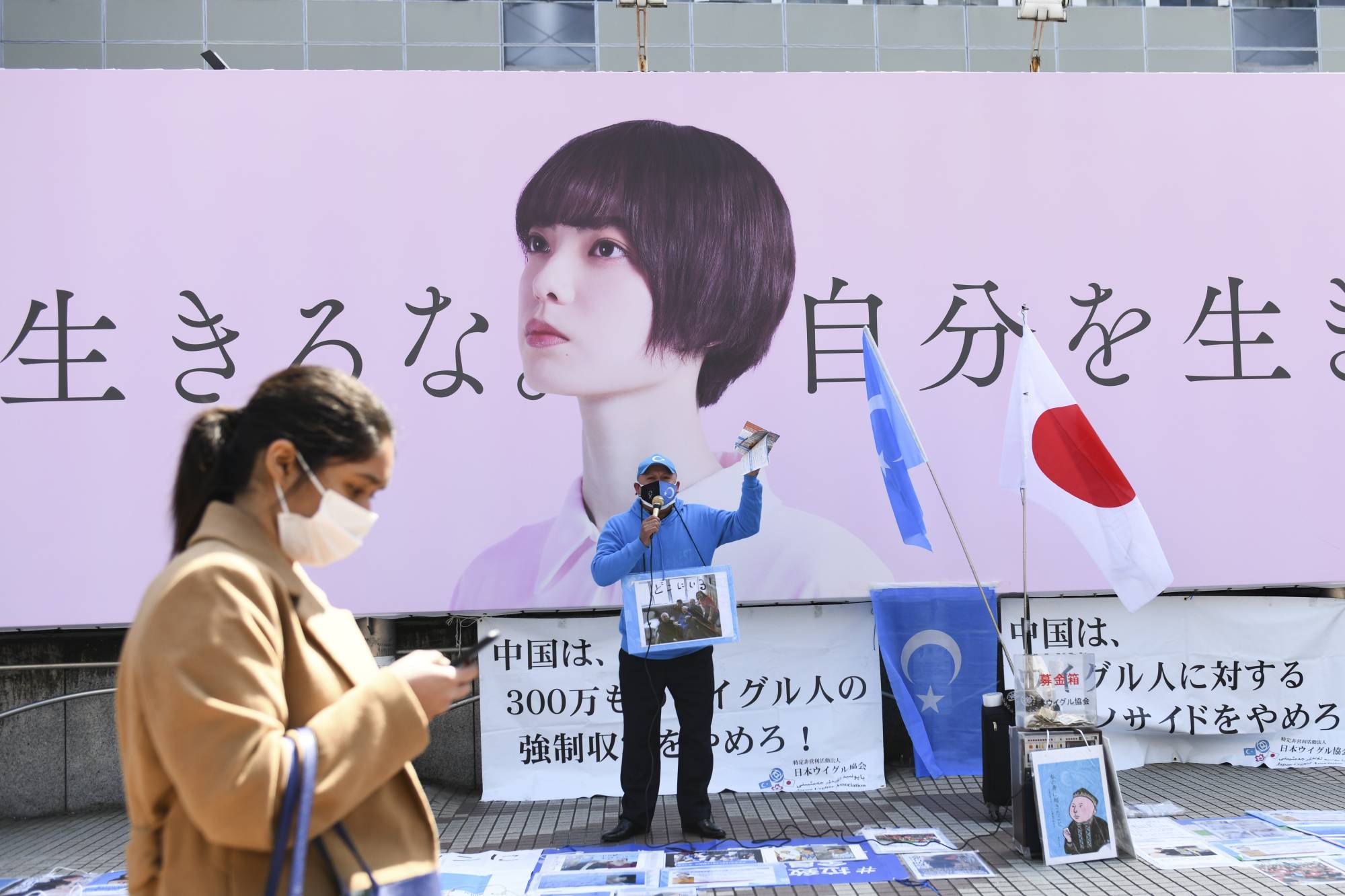Last summer, Halmat Rozi, a Uyghur Muslim living in Japan, received a video call from his brother in China’s western Xinjiang region. His brother said he had someone he wanted Rozi to meet: a Chinese security officer.
China’s top leader, Xi Jinping, had been invited to Japan, and the officer had some questions. Were Rozi and his fellow Uyghur activists planning protests? Who were the group’s leaders? What work were they doing? If Rozi cooperated, his family in China would be well cared for, the officer assured him on a second video call.
The officer’s intent was clear — to discourage Rozi from doing anything that might hurt China’s reputation in Japan. The warning had the opposite effect. Rozi had invited Japan’s public broadcaster, NHK, to surreptitiously record the second call, which was later broadcast to millions of viewers.


















With your current subscription plan you can comment on stories. However, before writing your first comment, please create a display name in the Profile section of your subscriber account page.